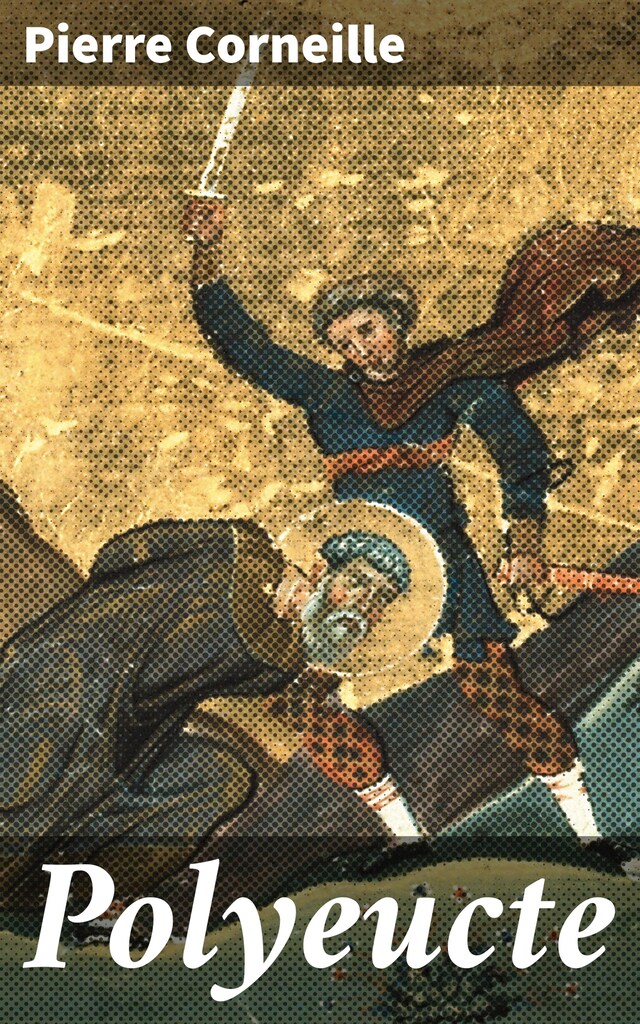
Polyeucte
A Tale of Faith and Sacrifice in Ancient Armenia
Description of book
In "Polyeucte," Pierre Corneille masterfully intertwines the themes of love, sacrifice, and martyrdom in a neoclassical tragedy that resonates with the moral and existential dilemmas of its time. Set against the backdrop of early Christian persecution, the play intricately explores the conflict between personal conviction and societal pressures, showcased through the character of Polyeucte, who undergoes a profound transformation from a Roman citizen to a fervent martyr. Corneille's elevated language and structured five-act format reflect the classical influences of Greek tragedy while simultaneously carving a unique space within French literature, marked by rich character development and emotional depth. Pierre Corneille, a seminal figure of French literature, played a pivotal role in the evolution of dramatic art in the 17th century. His personal background, steeped in the tensions between religion and governance during a period of intense social change, informs the moral complexities within "Polyeucte." Corneille's commitment to exploring themes of honor, duty, and faith reflects his own grappling with the ethical landscape of his era, lending authenticity and urgency to his characters' predicaments. "Polyeucte" is highly recommended for readers interested in the interplay of faith and courage, as well as those who seek to understand the foundations of modern tragedy. Corneille'Äôs poignant examination of the human condition encourages profound reflection on the cost of conviction and the essence of true sacrifice.
 Pierre Corneille
Pierre Corneille 54 Pages
54 Pages